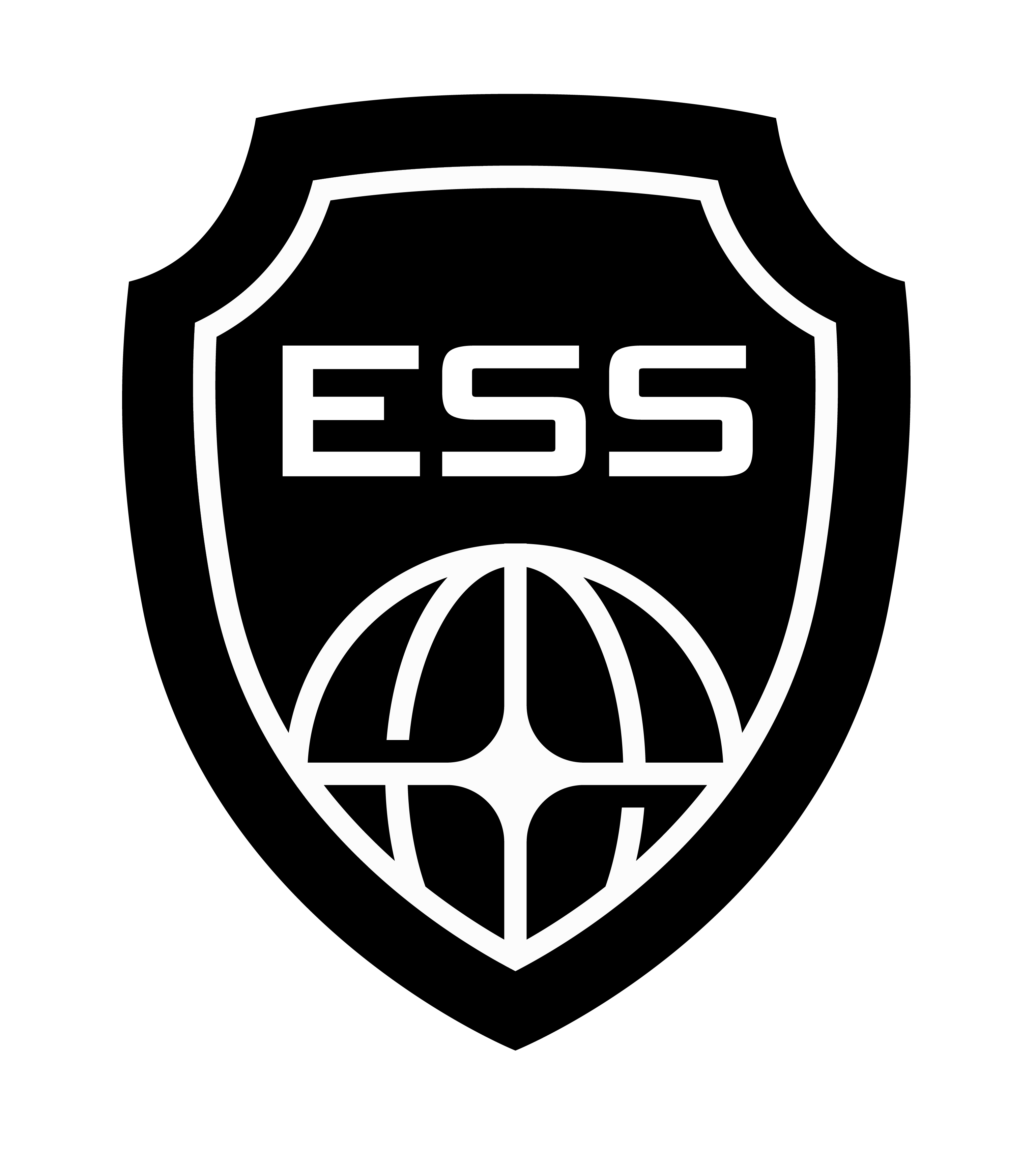ESS Global Corporation, a world leader in protection and security, announces a DOE approved Florida D License Training in Tampa on May 16-19 for $125. Call today!
Florida D License Training in Tampa May 16-19
Looking for the very best Florida D License training in Tampa and the Clearwater area? ESS Global Corp is the only training facility in Florida to be licensed and approved by the Department of Education. Our Florida D License Training in Tampa is now only $125.
That’s 4 days of training for a quick start in the fast growing security industry.
As the leading provider of Security Training in Florida, ESS Global Corp is the the only Security School in the State of Florida whose courses are monitored and approved by the D.O.E. The only one. Additionally, our instructors bring “real world” information to you in an engaging, informative manner.
Florida D License Training in Tampa Bay at ESS Global Corp
The attainment of a Class “D” statewide license issued by Florida’s Department of Agriculture and Consumer Services is the first step in becoming a security officer. Once you have completed the state-mandated 40-hours of classroom training and taken and passed the exam the State of Florida will issue you a temporary license. The temporary license will allow you to begin working immediately while waiting for your hard copy from the State. The Class “D” license is for unarmed positions. For an armed position, you must complete the requisite requirements to obtain a Class “G” license that entails 28 hours of state-mandated classes plus a 48-round firearms qualification course.
Note: Anyone may take the class to obtain the Class “D” license. However, F.S. 493.6109 outlines the guidelines that must be met in order to be eligible to obtain a “D” license.
The requirements are as follows:
- Be at least 18 years of age.
- Be of good moral character.
- Be a citizen or legal resident alien of the United States.
- May not have been adjudicated incapacitated under s. 744.331 or a similar statute in another state.
- May not have been involuntarily placed in a treatment facility for the mentally ill, unless judicially restored.
- May not have been diagnosed with an incapacitating mental illness, unless cleared by a psychiatrist.
- May not be a chronic or habitual user of alcoholic beverages to the extent the individual’s normal faculties are impaired.
- May not have been committed for controlled substance abuse.
